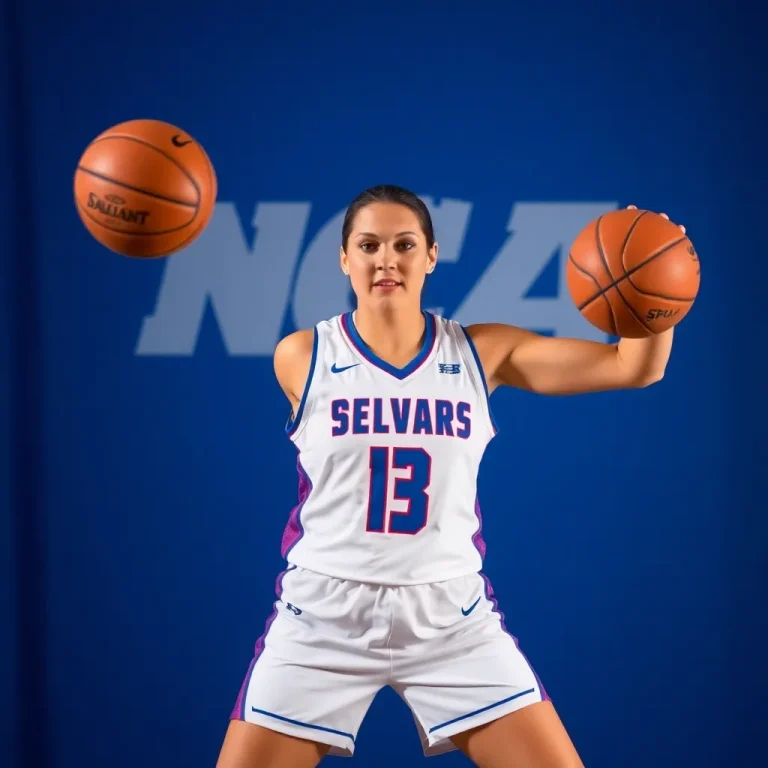ATLANTA – Former NCAA swimmers Riley Gaines and Kylee Alons, together with their attorney William Bock, have announced their support for criminal charges against sports officials who allow trans athletes to participate in women’s and girls’ sports. This development comes as the Riley Gaines v. NCAA lawsuit gained momentum on Thursday, with U.S. District Judge Tiffany Johnson officially allowing the case to move forward.
The lawsuit challenges the NCAA’s previous policies that permitted biological male trans athletes to compete in women’s categories. The plaintiffs, mostly female college athletes who have been affected by this policy, argue that the NCAA should be held responsible for its actions.
Among those involved, Gaines and others have expressed their discomfort after competing against Lia Thomas, a transgender swimmer from the University of Pennsylvania. Additional plaintiffs include Brooke Slusser, a former volleyball captain at San Jose State, and Caroline Hill, a track and field athlete from Rochester Institute of Technology. Both have shared their experiences with transgender teammates.
Judge Johnson concluded that the plaintiffs have made a compelling case that the NCAA receives federal funds, thereby falling under Title IX regulations. However, she stated that the plaintiffs did not convincingly argue that the NCAA acted as a state entity nor did they establish a violation of bodily privacy rights.
Initially filed in March 2024, the lawsuit stems from a notable incident two years ago when Gaines tied with Thomas at the NCAA women’s swimming championships, raising various concerns about fairness in women’s sports. The suit also includes the University of Georgia System and Georgia Tech as defendants but Judge Johnson dismissed the claims against the universities.
Bock expressed satisfaction with the judge’s decision, emphasizing the importance of holding the NCAA accountable. “This ruling is a significant step forward for the plaintiffs,” he said, indicating their readiness to move into the discovery phase for further investigation.
In response, the NCAA released a statement reinforcing its commitment to promoting women’s sports, asserting that it will continue to ensure fair competition in NCAA championships while adhering to existing policies regarding transgender athletes.
This legal battle is shaping up to have lasting implications for women’s sports and the ongoing debate over inclusion and fairness in competitive athletics.


